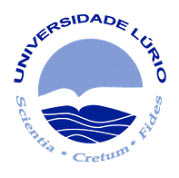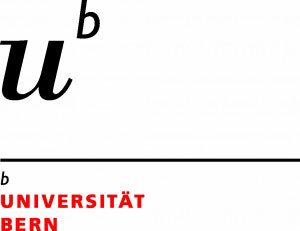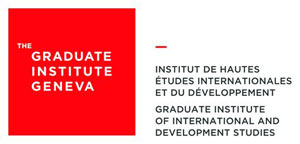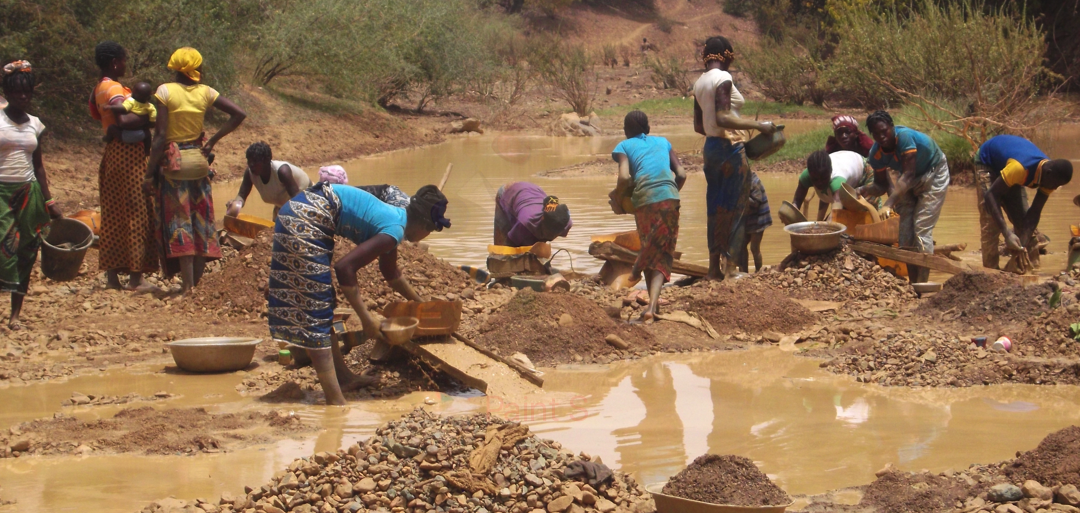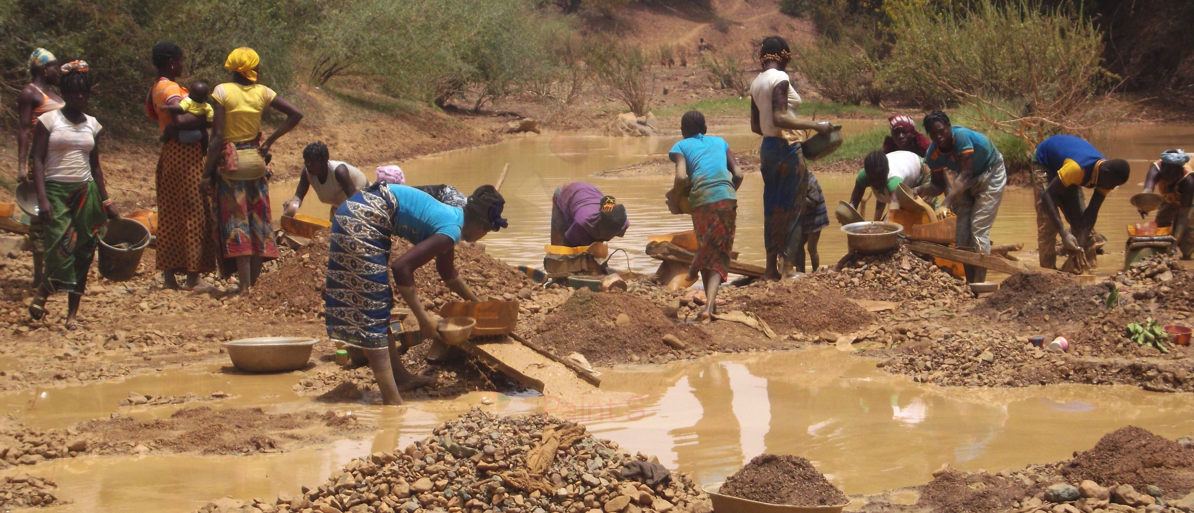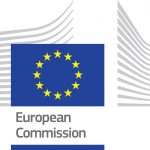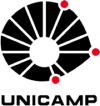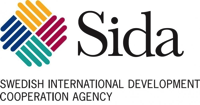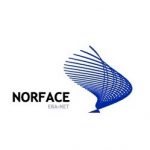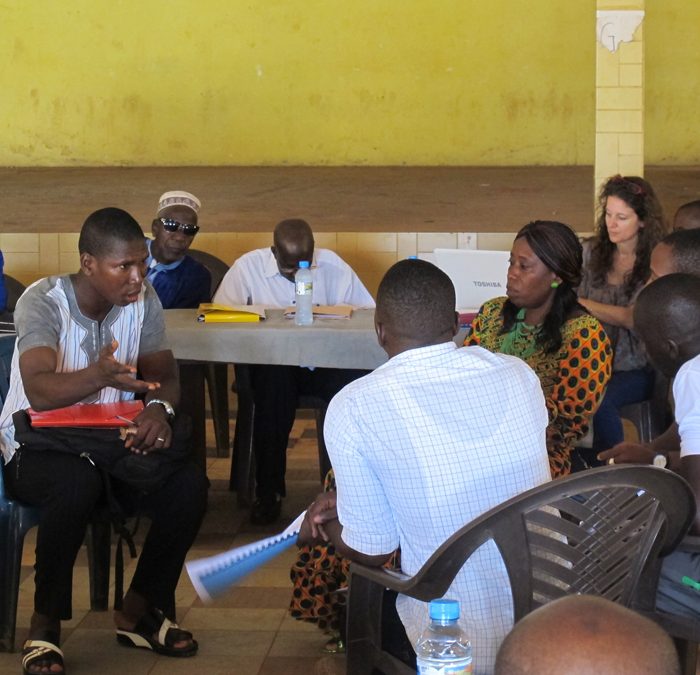
Research Project on the impacts of the extractive sector on development – Burkina Faso, Mozambique
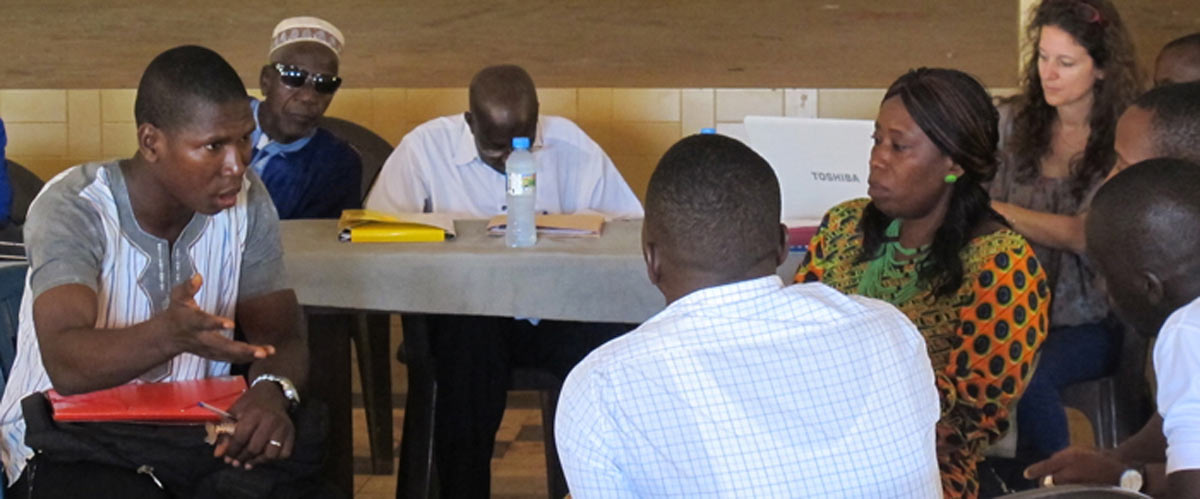
Assessment of the impacts of resource extraction on development
Partners
Funded by the R4D – the Swiss Agency for Development and Cooperation (SDC) & the Swiss National Science Foundation (SNSF)
Background
The extraction of oil, gas and minerals generates windfalls into the national treasury of an increasing number of developing states. While resource windfalls present an opportunity to boost development, in many countries ordinary citizens and people in producing regions don’t experience the change they have expected or were promised. Often, they feel left behind due to negative externalities, which gives rise to frequent disputes and conflicts. Typically, such disputes are further complicated by information asymmetries between government bodies, citizens, civil society and companies.
One way to inform such debates over resource extraction and to promote positive development is to provide independent and publicly available monitoring data on the social, economic, environmental and institutional effects that resource extraction has on producing regions. Such comprehensive data are generally lacking today, and to the extent they are collected, they are either not publicly accessible or not systematised in a way that allows stakeholders to initiate a more nuanced dialogue regarding extractive activities impacts on development.
Project objectives and expected results
Within the larger goal of improving the understanding of the impacts that resource extraction has on development, this research project aimed at developing a methodology and framework for data collection and analysis that allows the monitoring and assessment of the economic, social, environmental and institutional impacts of resource extraction in a comprehensive manner.
The data collection framework was translated into a user-friendly online tool called the “Resource Impact Dashboard” (RID), that provides several functionalities:
- RID supports collection and processing of primary and secondary data, using mobile devices in combination with a cloud-based platform
- RID proposes publicly accessible results in a transparent way, it is most beneficial when used as a regular monitoring tool so that trends become visible and can help negotiate concrete policy measures
At the end of the research project, RID will be hosted by a suitable institution. It will be made available to third party users for application in other extractive projects. The RID platform will therefore evolve over time into a growing data repository on resource extraction and development that will provide additional insights regarding this complex process.
Research process
In order to meet the study main objective, five steps were defined:
- Develop a methodological framework and a data collection process to monitor and assess the impacts that resource extraction has over time on social, economic and environmental development
- Test on the field the methodological framework on extractive zones in Mozambique and Burkina Faso, in two extractive sites for each country
- Adapt the methodology and start the second phase of the field tests
- Transform the framework into a mobile technology platform that allows data collection, data processing and result publication
- Publication of the framework and promotion of the online platform with other resource-rich countries, the scientific community, communities and concerned national institutions
Fieldwork
The RID methodology was tested under real conditions on:
- Two extractive sites in Burkina Faso
- Two extractive sites in Mozambique
Both countries have become resource-dependent economies in the last decade and are focal countries of the Natural Resource Governance Initiative of the Swiss Agency for Development and Cooperation (SDC).
Partner institutions and project team
This research is an interdisciplinary effort between Swiss Universities and research institutions based in Mozambique and Burkina Faso. The core project team consists of the following research institutions’ teams:
- ETH Zurich, Center for Development and Cooperation NADEL, Dr. Fritz Brugger, Selina Bezzola
- University of Berne, Research Center for Digital Sustainability, Dr. Matthias Stürmer
- IFSRA, Ouagadougou, Burkina Faso, Dr. Peter Hochet, Dr. Pascal Rey, Dr. Hermine Papazian
- Lúrio University, Nampula, Prof. Dr. João Salavessa, Rito Mabunda
The wider project team consists of experts from the following research institutions:
- Graduate Institute of International and Development Studies in Geneva (IHEID), Prof. Gilles Carbonnier
- Canadian International Resources and Development Institute (CIRDI), David Parker

